Democratic Republic Of Congo
The seven countries of the East African Community (EAC) have announced that they have extended until September the mandate of their military force responsible for reducing violence in the east of the Democratic Republic of Congo (DRC), a force criticized by Kinshasa.
This force, made up of Kenyan, Ugandan, Burundian and South Sudanese soldiers, has been deployed gradually since last November in response to an advance by the rebels of the M23 ("March 23 Movement") in this region, which has been plagued by armed groups for nearly 30 years.
Her future was in question, especially since Congolese President Felix Tshisekedi said in early May that she could be asked to leave the country at the end of June, barely three months after her full deployment.
The mission of the regional force (EACRF) "is not fulfilled", he estimated, denouncing his complacency with "the terrorists of the M23", whom he considers supported by Rwanda, also a member of the EAC.
But on Wednesday (May 31st) at a summit in Burundi, the seven EAC countries ( Burundi, DRC, Kenya, Rwanda, South Sudan, Tanzania and Uganda) agreed to keep troops at least until September 8, to consolidate the "progress" made on the ground, according to a press release from the organization.
"The summit again called on all parties to defuse tensions and use the regional, continental and international mechanisms in place to resolve all conflicts and move towards peace in eastern DRC", underlines the text.
A million people flee the advance of the M23
Dozens of armed groups have been raging in eastern DRC for decades, many inherited from the regional wars of the 1990s-2000s.
In the province of North Kivu, the M23 has since November 2021 seized large territories rich in minerals, and continues to advance despite a roadmap for peace concluded in Luanda, Angola, in July 2022.
According to the UN, more than a million people fled the advance of the M23, supported by units of the Rwandan army according to experts from the UN, the United States and other Western countries.
After the deployment of the EACRF, the M23 withdrew from some villages but remains present in others, including where the East African force is located.
The EACRF's mandate was perceived locally at first as "offensive", as Kinshasa wishes, but contributing countries later stressed that it was "neutral" and did not come to fight the rebels.
In early May, the Southern African Development Community (SADC) also promised to send troops to eastern DRC, without specifying a date or number.



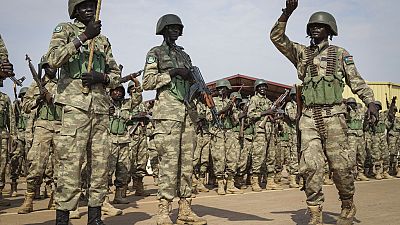

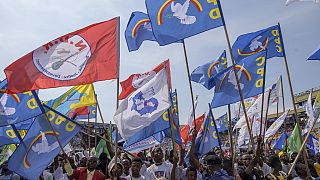
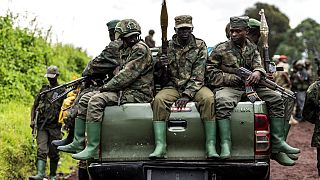

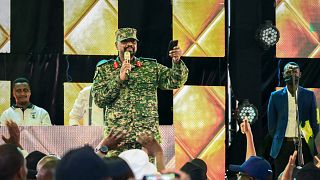
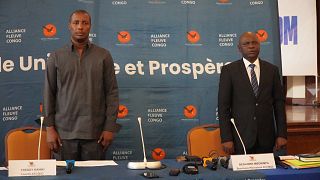

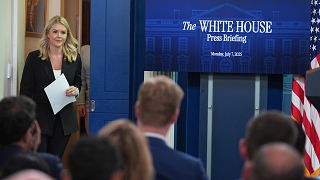
01:12
Eastern DRC tensions: UN points to Rwanda's role in AFC/M23 conflict
02:10
Congo-Rwanda deal: Uncertainty over whether the hostilities will end
01:47
'Minerals': Researcher explains U.S. interest in DRC-Rwanda truce
01:49
MONUSCO chief lauds DRC-Rwanda peace deal
02:13
Congo and Rwanda sign a US-mediated peace deal aimed at ending decades of bloody conflict
00:54
African Human Rights court says it can hear case brought by DRC against Rwanda